Optimal Timing for Foundation Repairs
Timing for foundation repairs depends on various factors including weather conditions, soil stability, and structural assessment results. Proper scheduling ensures optimal conditions for repairs, minimizing potential complications and ensuring long-lasting results.
Ideal for foundation repairs due to moderate weather and soil moisture levels, which facilitate effective work and curing processes.
Suitable when soil conditions are stable and dry, reducing the risk of water-related issues during repairs.
Cold temperatures and freezing conditions can hinder repair processes and affect the integrity of materials used.
Timing repairs after heavy rains or storms can prevent further damage and allow for better assessment of foundation issues.
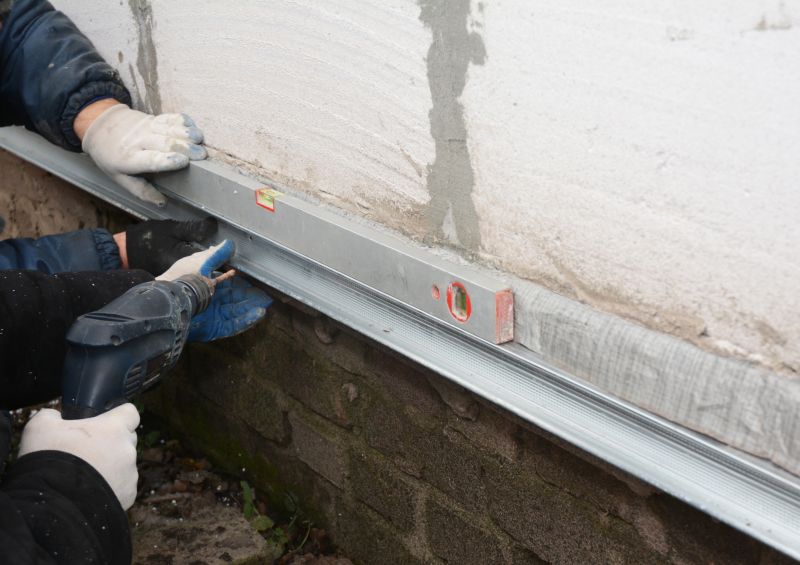
Image of foundation stabilization work during optimal weather conditions.
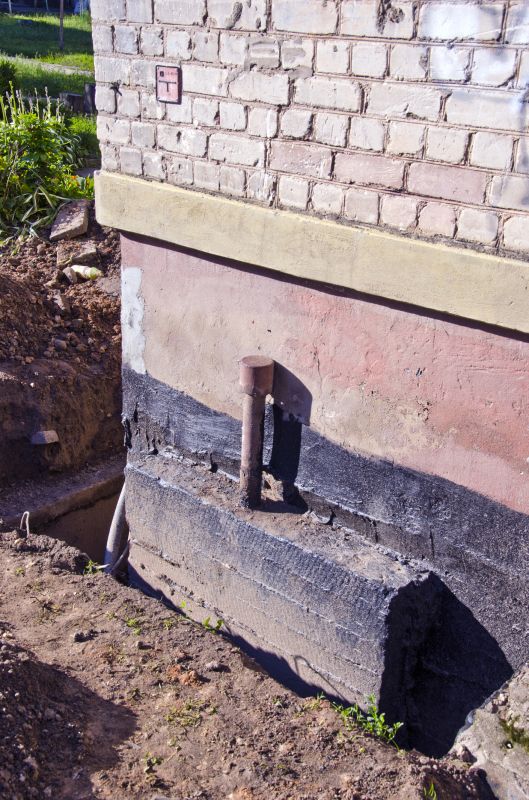
Preparation process showing soil assessment and moisture management.
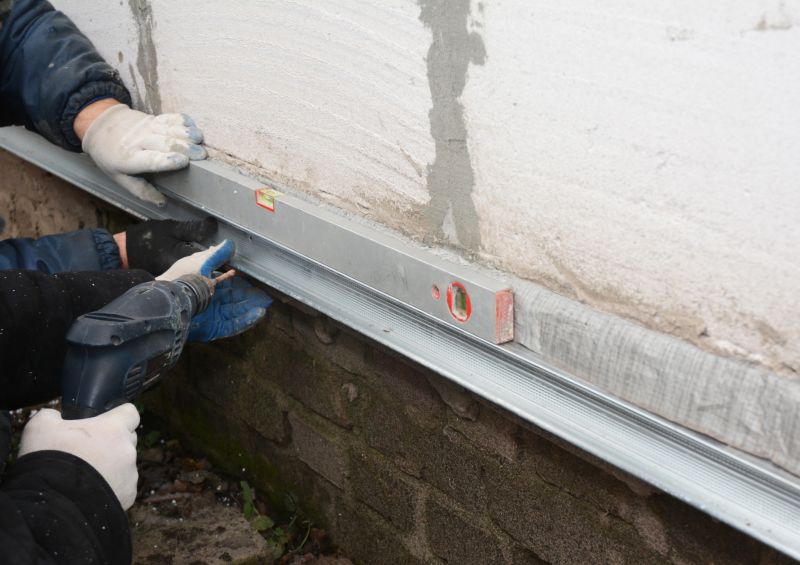
Finished repair work demonstrating structural support.
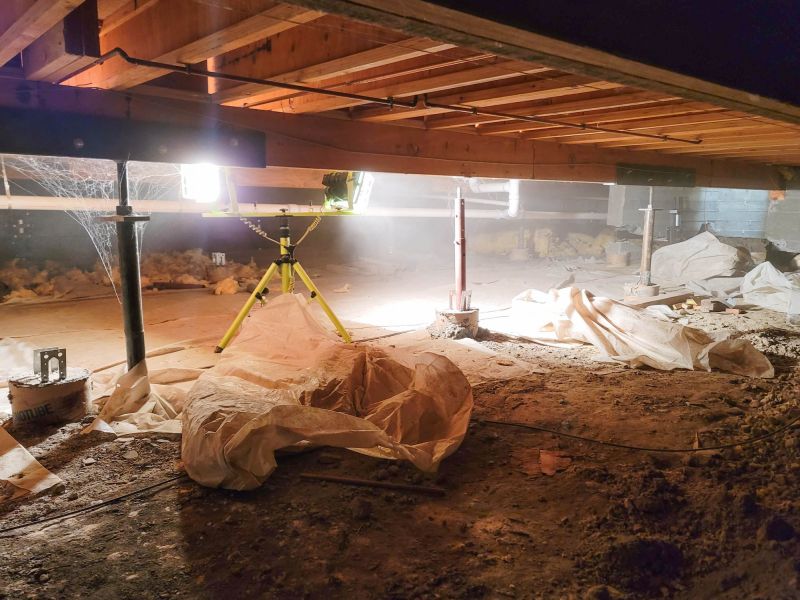
Ways to make Foundation Repairs work in tight or awkward layouts.
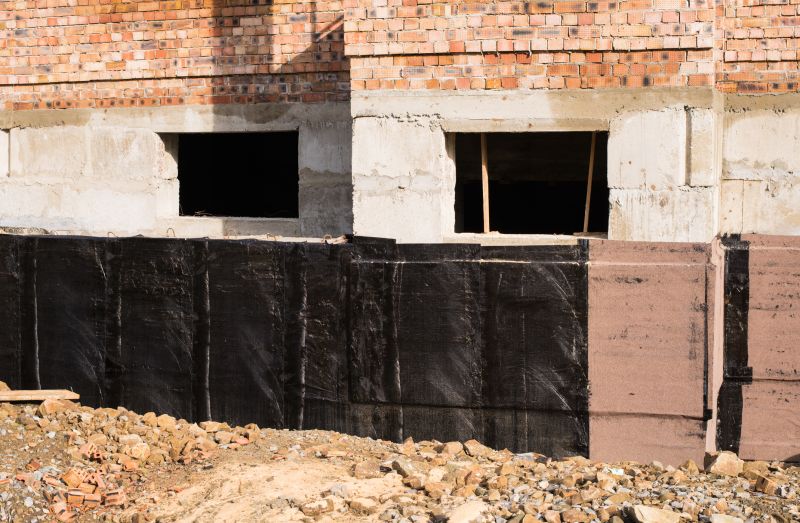
Popular materials for Foundation Repairs and why they hold up over time.
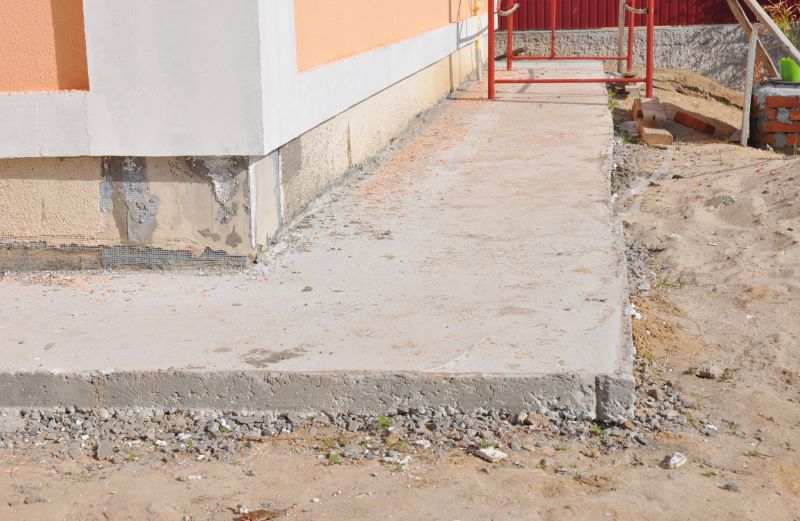
Simple add-ons that improve Foundation Repairs without blowing the budget.
| Season | Ideal Conditions |
|---|---|
| Spring | Moderate temperatures, soil moist |
| Summer | Warm, dry weather, soil stable |
| Fall | Cooler temperatures, soil dry |
| Winter | Cold, frozen ground (not recommended) |
Foundation repairs are critical for maintaining the structural integrity of a building. They often involve addressing issues such as cracks, settling, and shifting caused by soil movement, moisture changes, or other environmental factors. Proper timing ensures that repairs are effective and durable, reducing the risk of future damage. Statistics indicate that early intervention can significantly decrease repair costs and extend the lifespan of the foundation.
Understanding the seasonal impacts on soil and weather conditions helps determine the most suitable time for foundation work. For example, soil tends to expand and contract with moisture levels, which can influence the effectiveness of repairs. Selecting the right season minimizes complications and enhances the longevity of the repair solutions implemented.
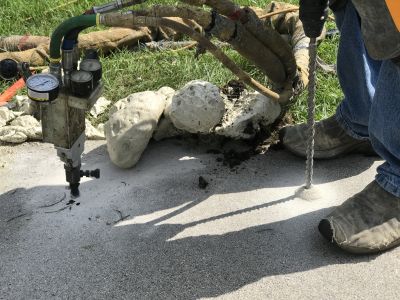
Tools and machinery used during foundation stabilization.
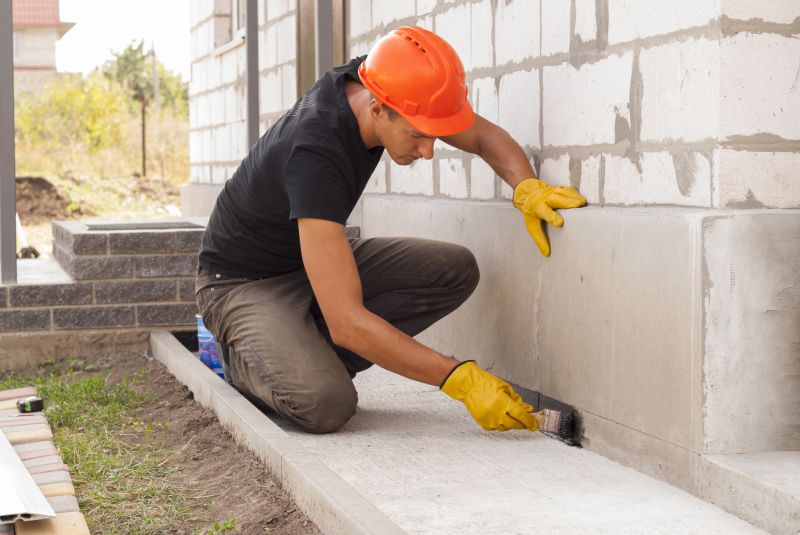
Assessment of soil conditions prior to repairs.
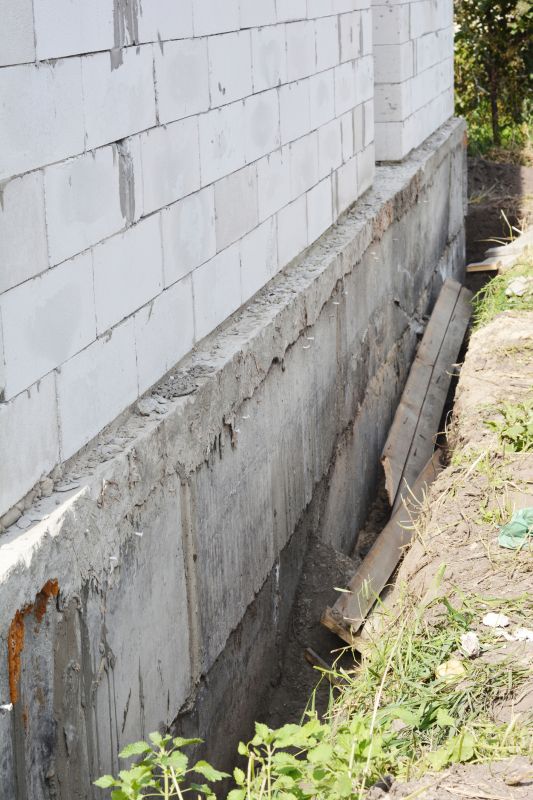
Structural reinforcement after repairs.
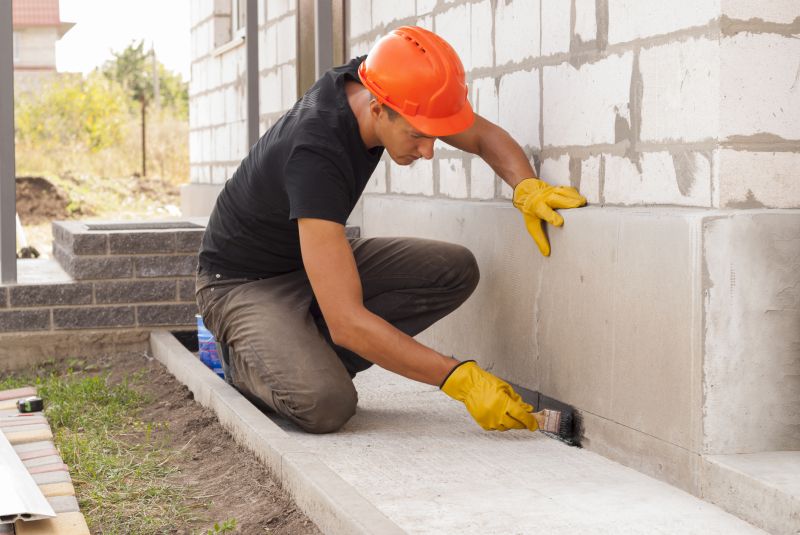
Final stage of foundation repair work.
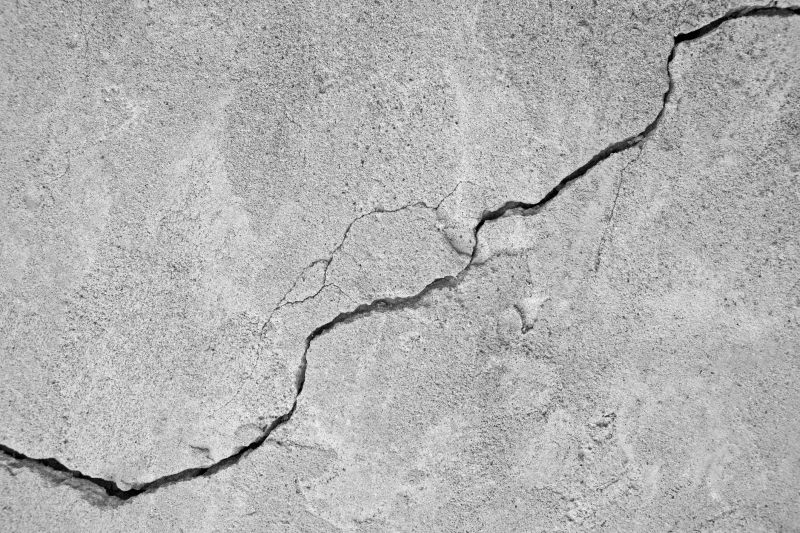
High-end options that actually feel worth it for Foundation Repairs.
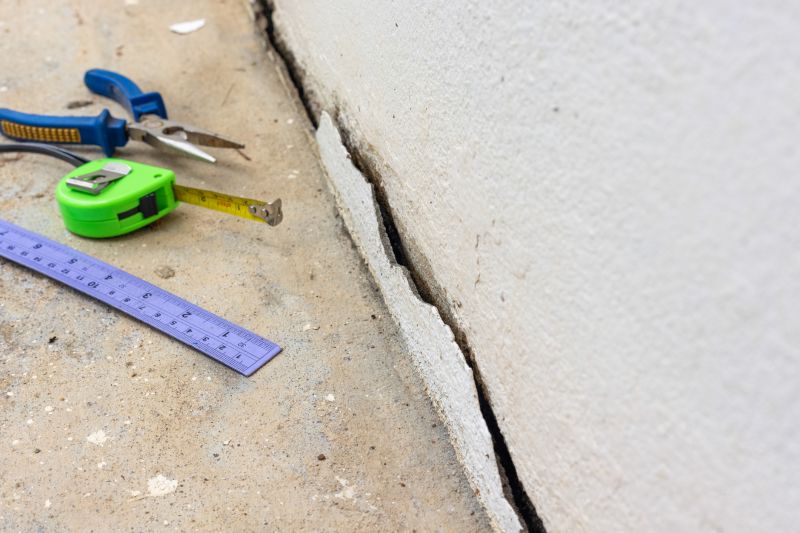
Finishes and colors that play nicely with Foundation Repairs.
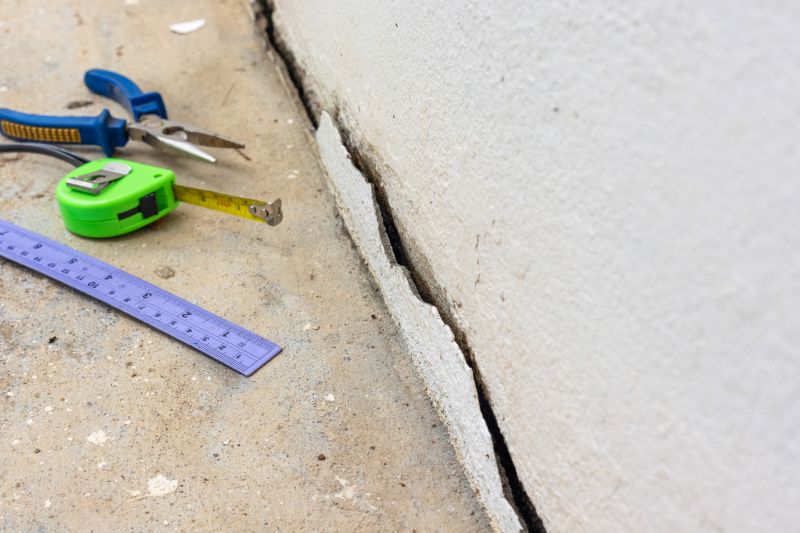
Little measurements that prevent headaches on Foundation Repairs day.
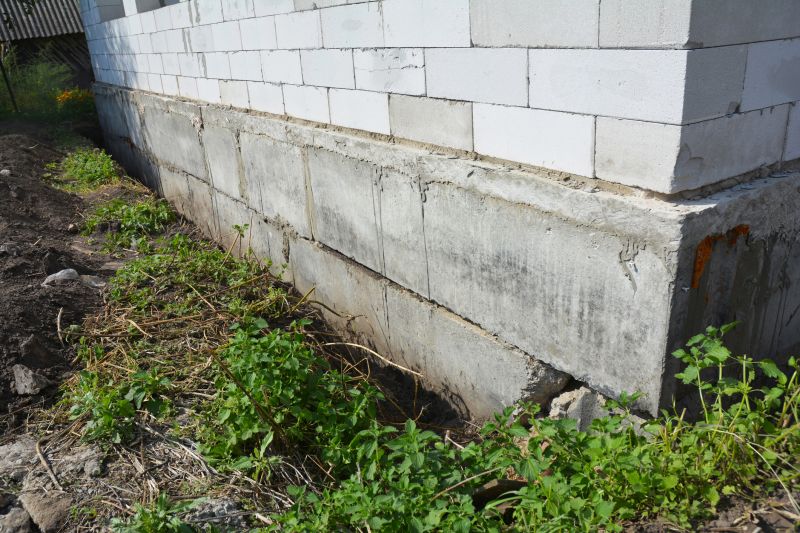
A 60-second routine that keeps Foundation Repairs looking new.
Interested in foundation repairs? Filling out the contact form can provide additional information and help schedule an assessment to determine the best timing for repairs based on specific needs and conditions.

